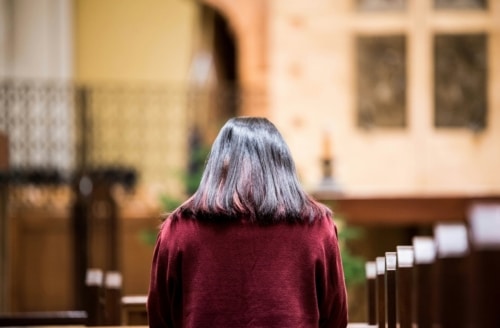Then Aaron’s sons, Nadab and Abihu, each took his fire pan and put fire in it, set incense on it, and presented strange fire before the LORD, which he had not commanded them to do. So fire went out from the presence of the LORD and consumed them so that they died before the LORD.
Leviticus 10:1-2 NET
The Christian Bible is divided into two parts. The first, the Old Testament, focuses on the covenant God established with Israel at Mt. Sinai. The second part, the New Testament, looks at the covenant established at the cross of Christ. And few places illustrate the difference between these covenants better than this account of Nadab and Abihu.
Under the old covenant established at Mt Sinai, the Most Holy Place represented God’s presence on earth. Access to the Most Holy Place was restricted to the high priest. He could enter only one day a year on the Day of Atonement. And only with incense to hide God’s presence above the ark, and with the blood of the sin offering that he sprinkled before the ark (Lev. 16:11-17).
Entering at any other time was punishable by death. And that is what the account of Nadab and Abihu so clearly illustrates. Ignoring the restrictions placed on entering God’s presence, they took fire and incense into the Most Holy Place (Lev. 16:1-2). And it cost them their lives. Fire came out from God’s presence above the ark and consumed them.
Under the old covenant, the way into God’s presence was closed. But that changed under the new covenant. Jesus came as the mediator and high priest of a new covenant, entering the Most Holy Place of the heavenly Tabernacle. He went in, not with the blood of an animal, but with his own blood. And that blood cleanses us from sin, enabling us to serve the living God (Heb. 9:11-15).
And, because of what Jesus did, we are, unlike Nadab and Abihu, invited to come into the Most Holy Place, into God’s presence, with confidence and the assurance of faith (Heb. 10:19-23).

